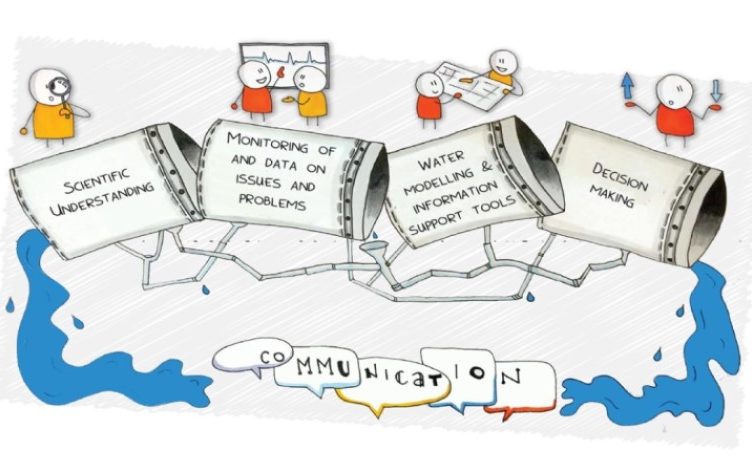
05/12/2024
Event Summary: Overview of water quality modelling projects from the Queensland Water Modelling Network with Callym Dunleavy
Read more
This event arose out a desire of water professionals to better understand the implications of climate change impacts and variability on the operations of water models, and the subsequent use of the information derived from these climate-impacted model runs.
Event – Accommodating climate change and climate variability in water modelling and decision making
Date – Wednesday 26 June 2019
Location – QUT, Gardens Point, Brisbane
The event began with a review of climate science by Anthony Kiem from the University of Newcastle, provided insightful updates on a mix of issues including:
Based on these insights and practitioner interviews, led by Lisa Walpole and Tony Weber from Alluvium Consulting, a strategic approach for to better preparing the water modelling sector was developed.

In response to the review presentations and ideas, workshop participants were asked to identify and explore what actions and steps we can now initiate to better accommodate climate risks in our modelling and decision-making. Attendees broke into small groups to consider the following themes:
Thanks to our small group facilitators – Abel Immaraj, David Rissik, Claudia Moreno, Chris Huxley and Aditya Singh – who, together with their theme participants, built a wealth of insights to key questions:
Click here to read the details collated for each of the five groups.
For professionals to best prepare for scenarios with various climate change forecasts, “the pipeline process: was shared, to better understand each other’s role in this emerging type of water modelling application.
This concept, along with the review strategic priorities, was a trigger for a response from workshop participants of 106 different actions that could assist in better positioning the sector to deal with the various technical, modelling, communication and decision-making needs. The actions included in the Mentimeter responses align with breadth of needs across the information, decision-making, and communication pipeline depicted below.

In concluding the workshop, previous QWMN small group activity updates were presented, namely
• urban water management through integration and the role of models – you can read more here.
• connecting catchments – you can read more here.
The workshop also further explored the topic of communication needs for improving use of modelling information. You can read more here.

